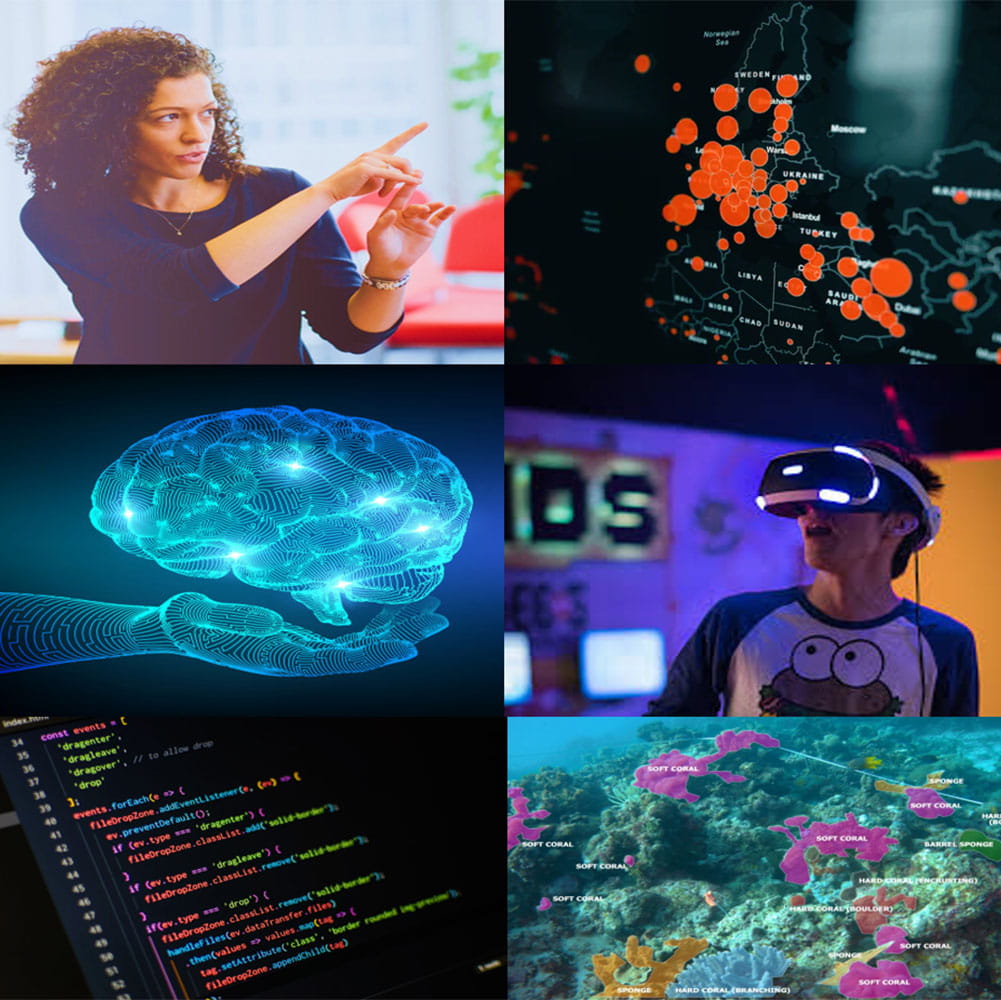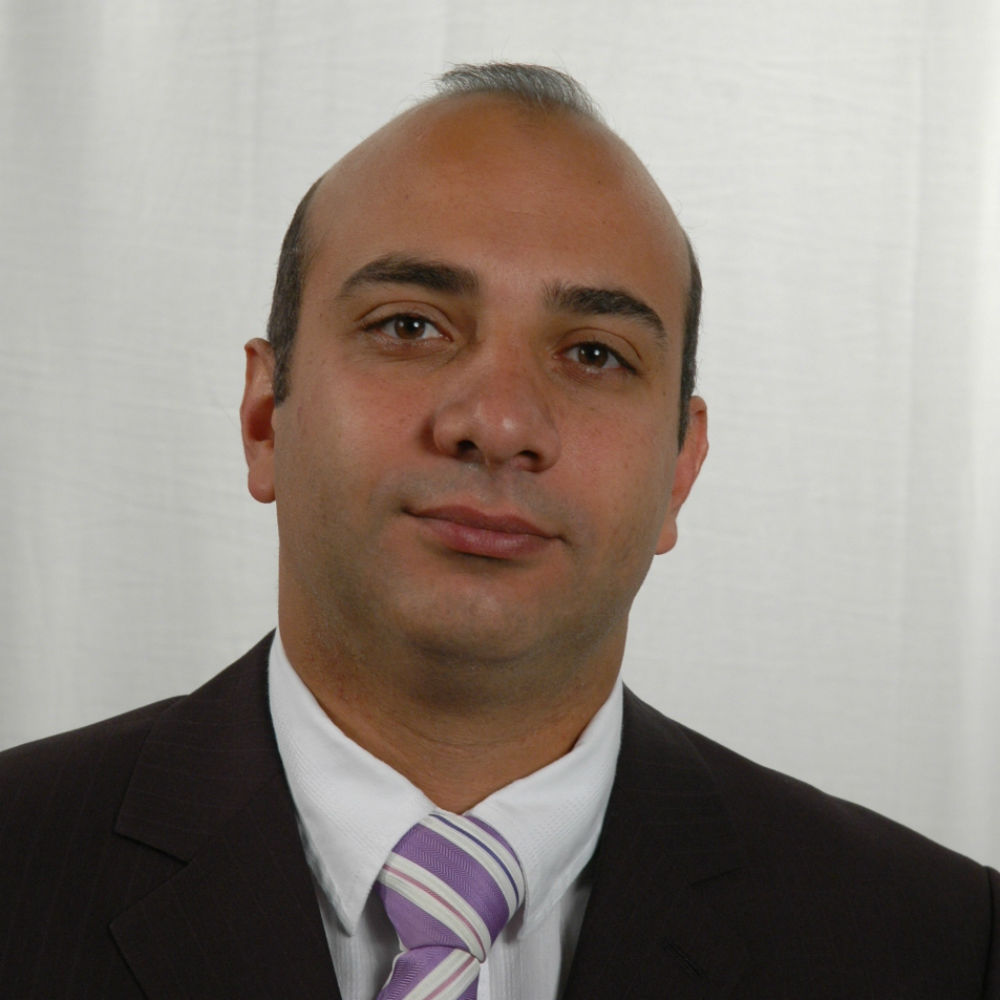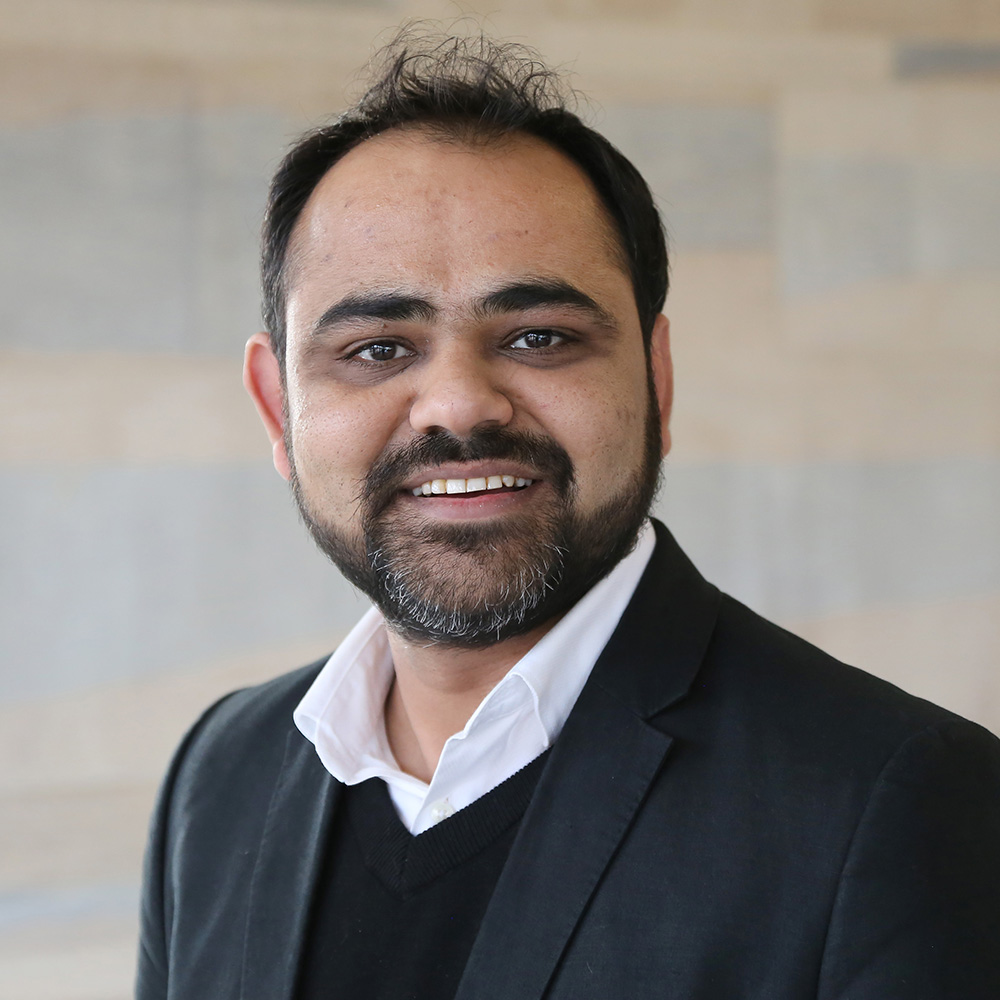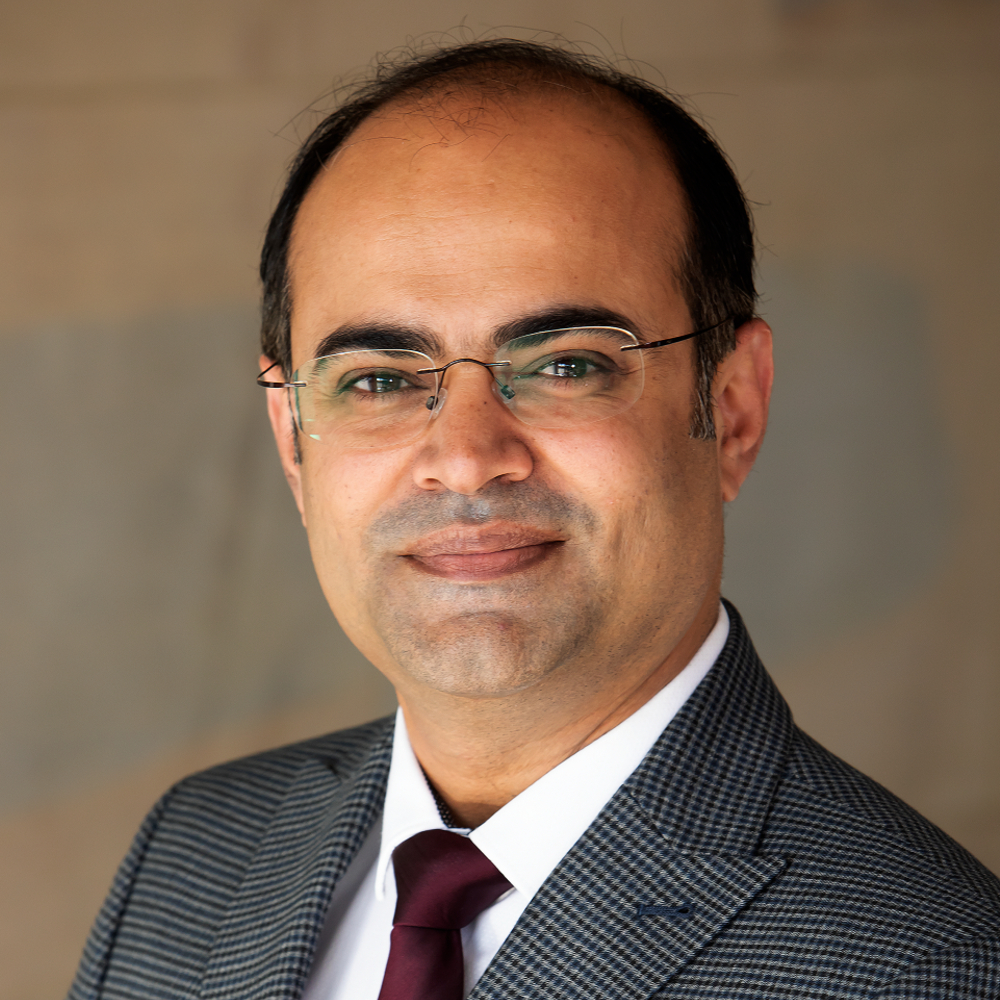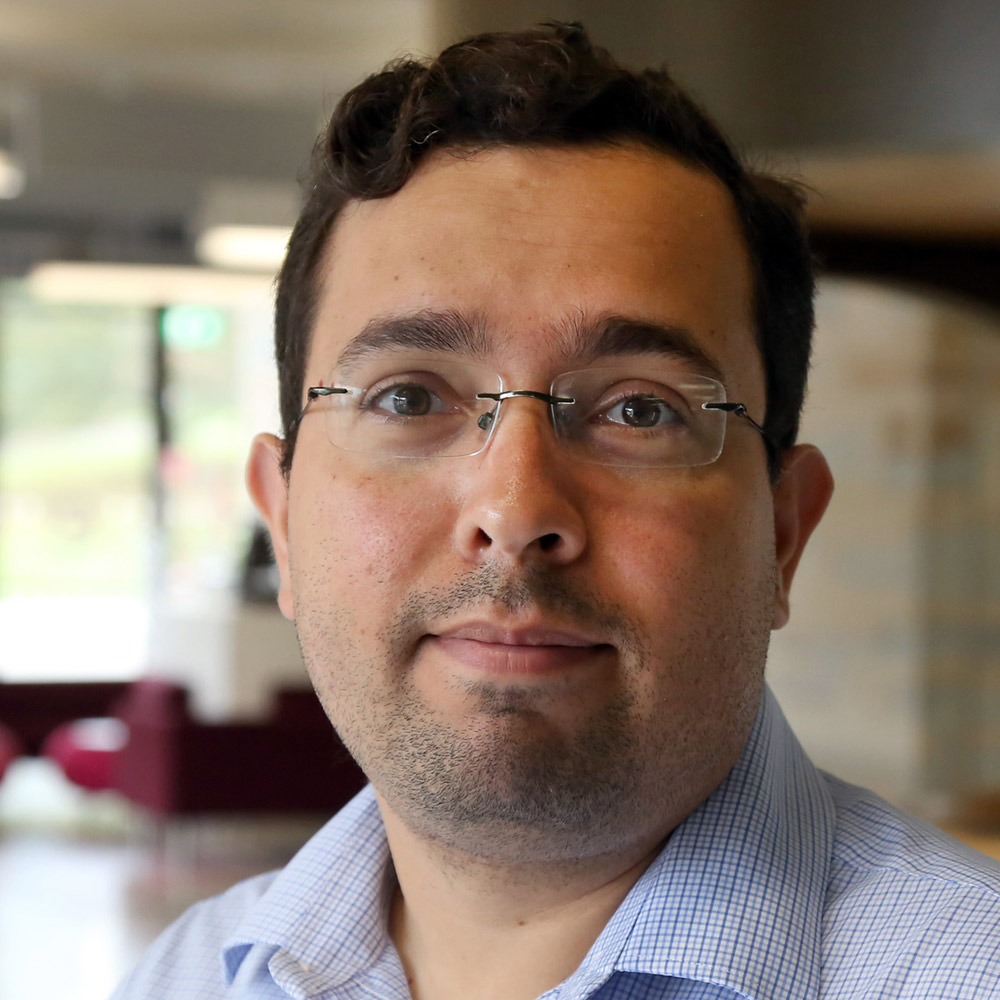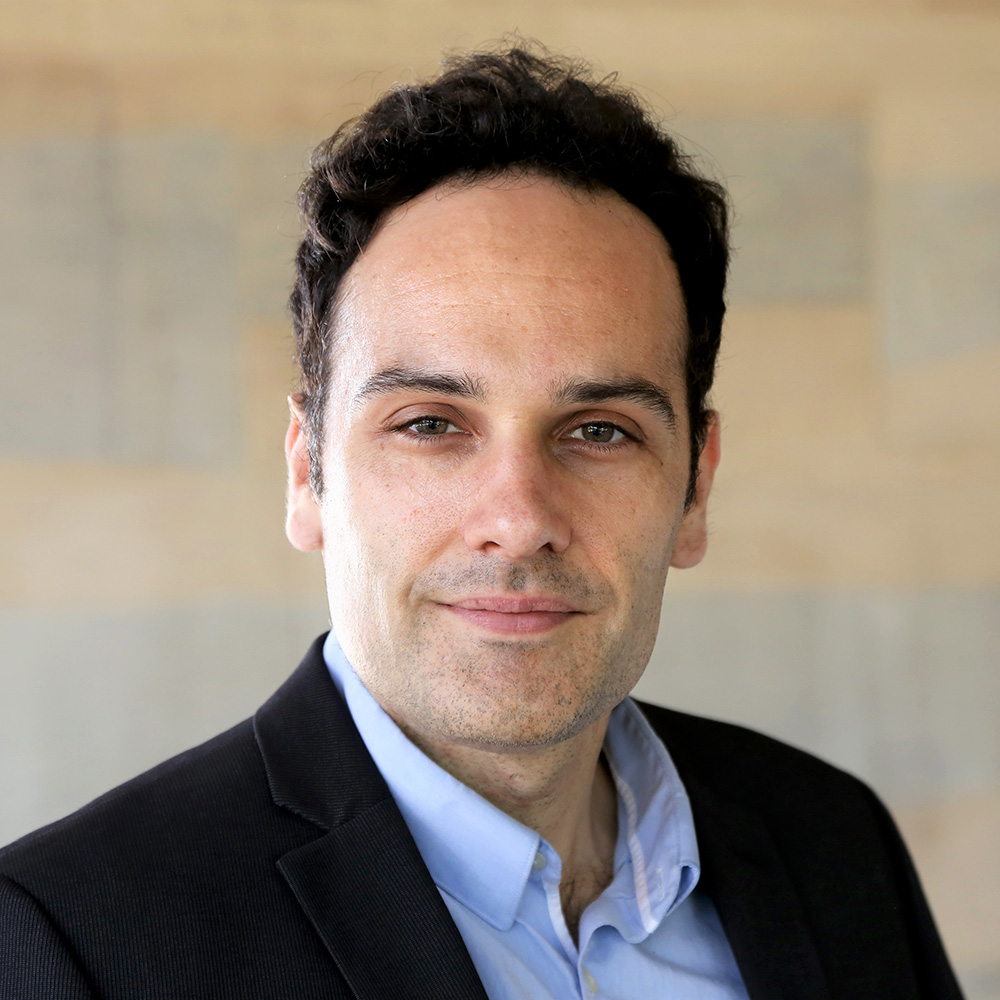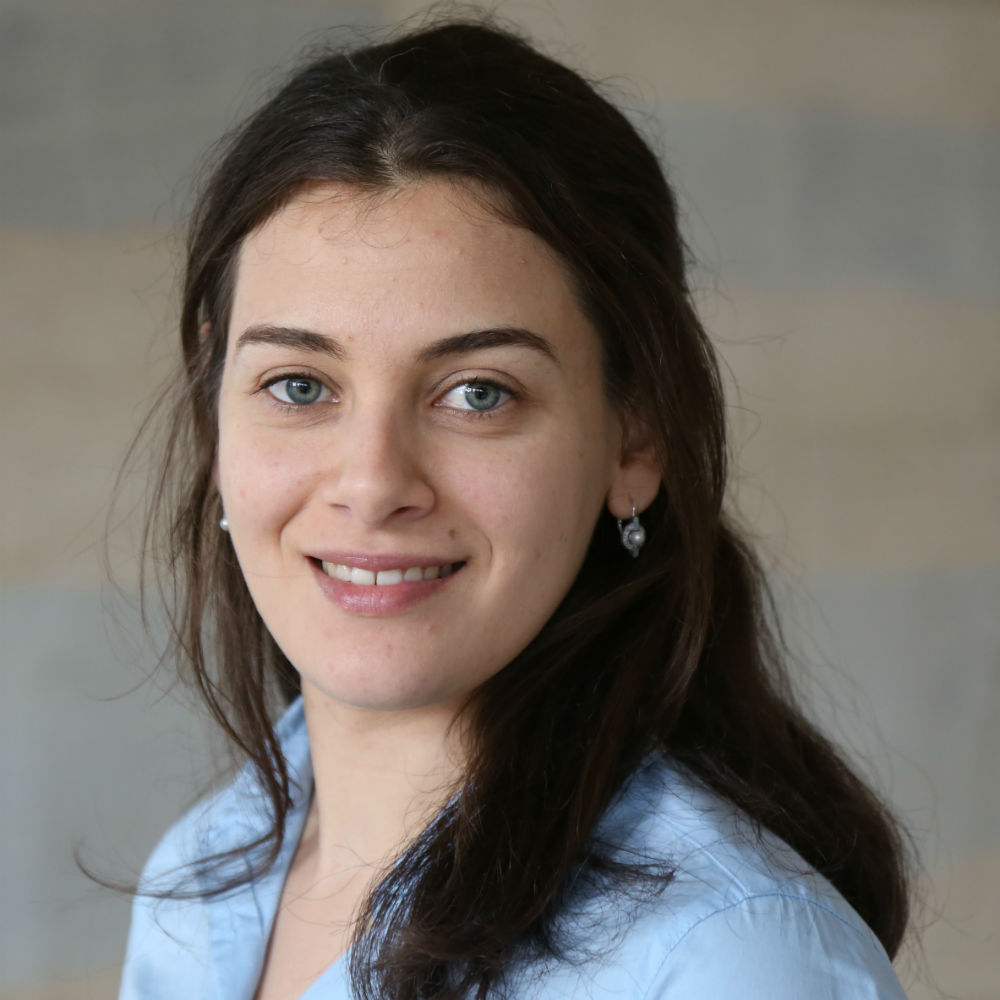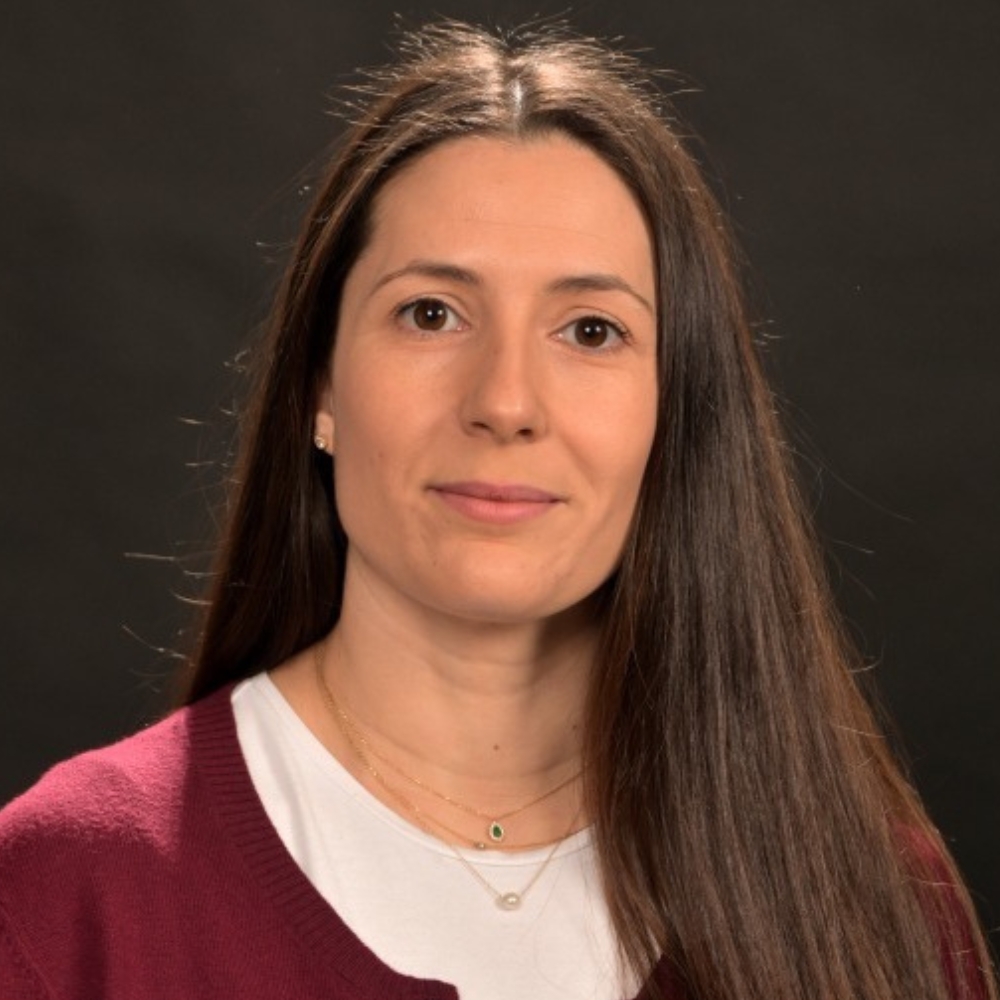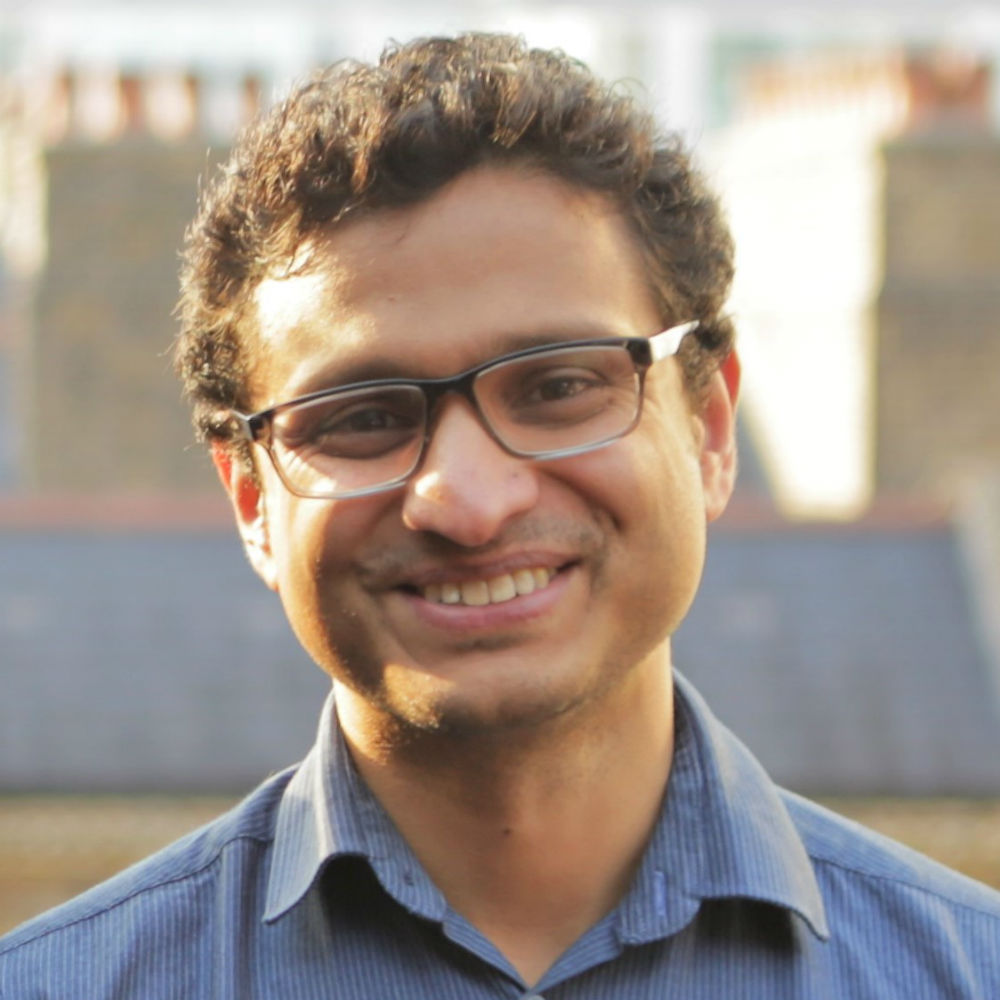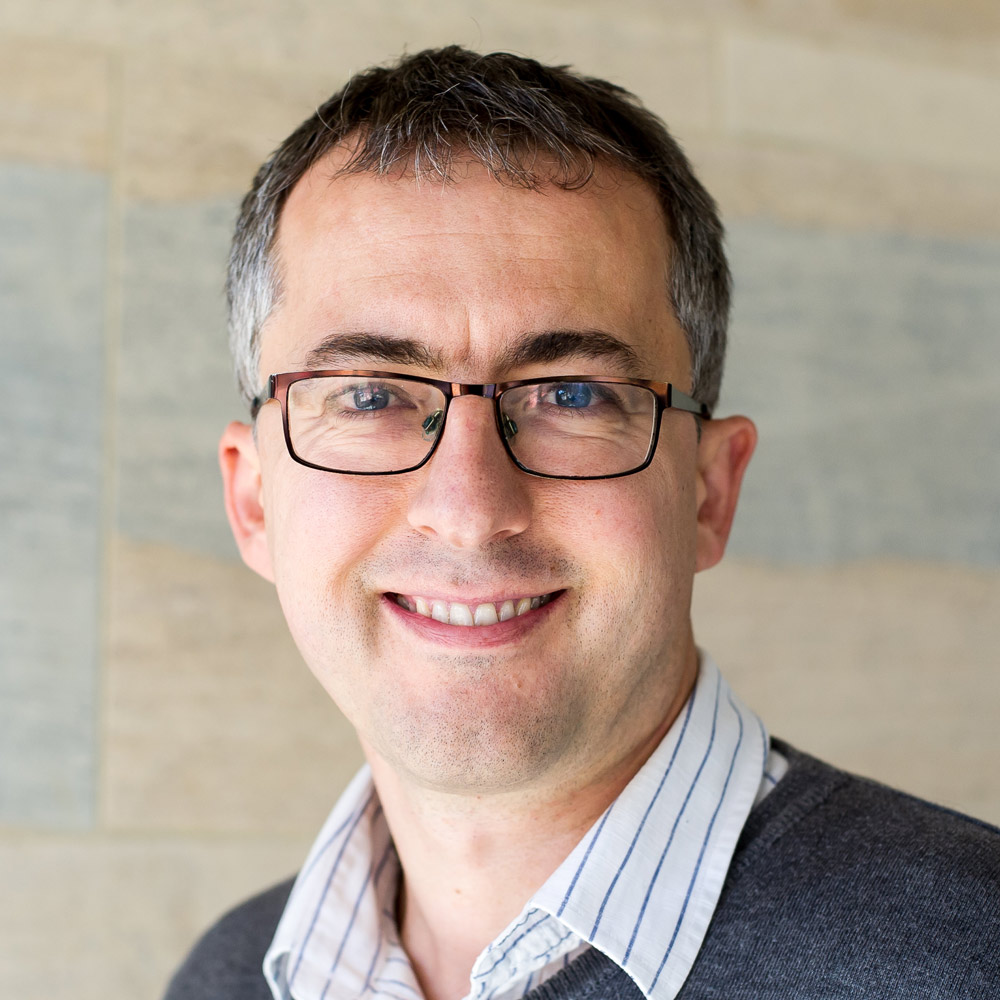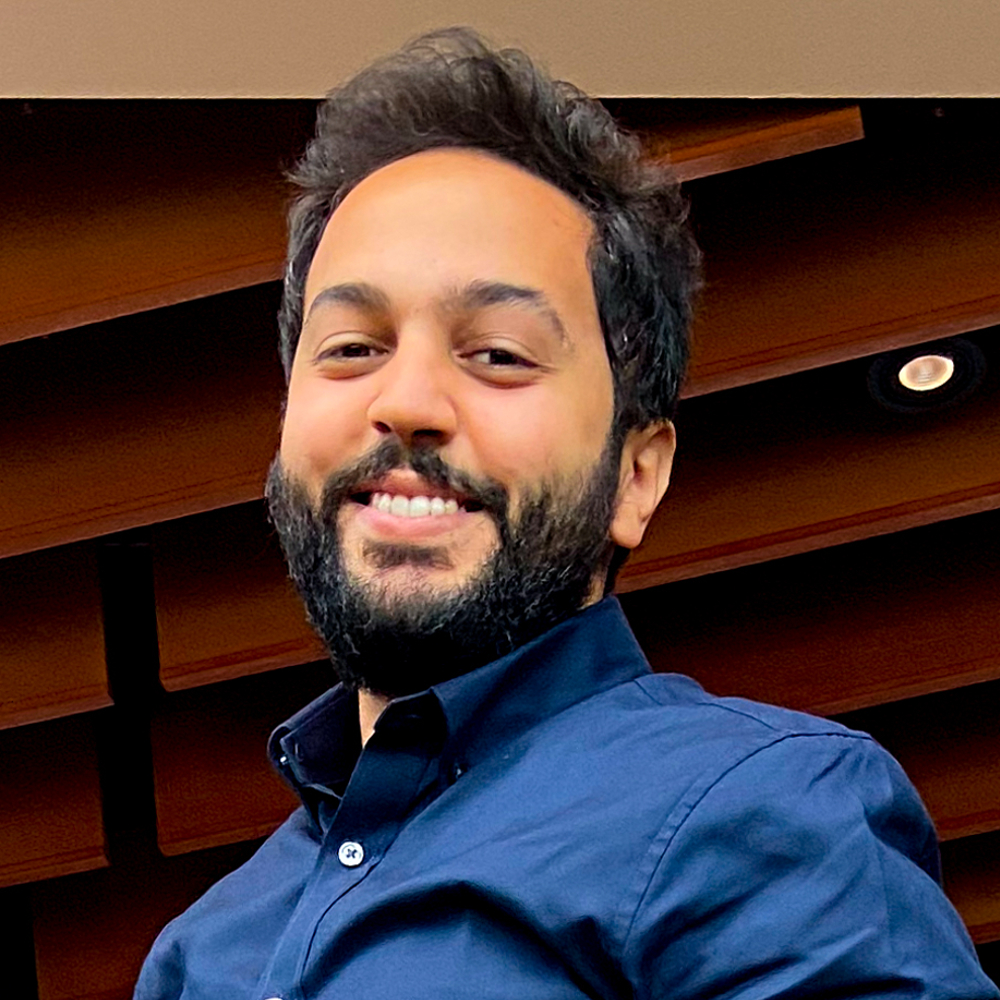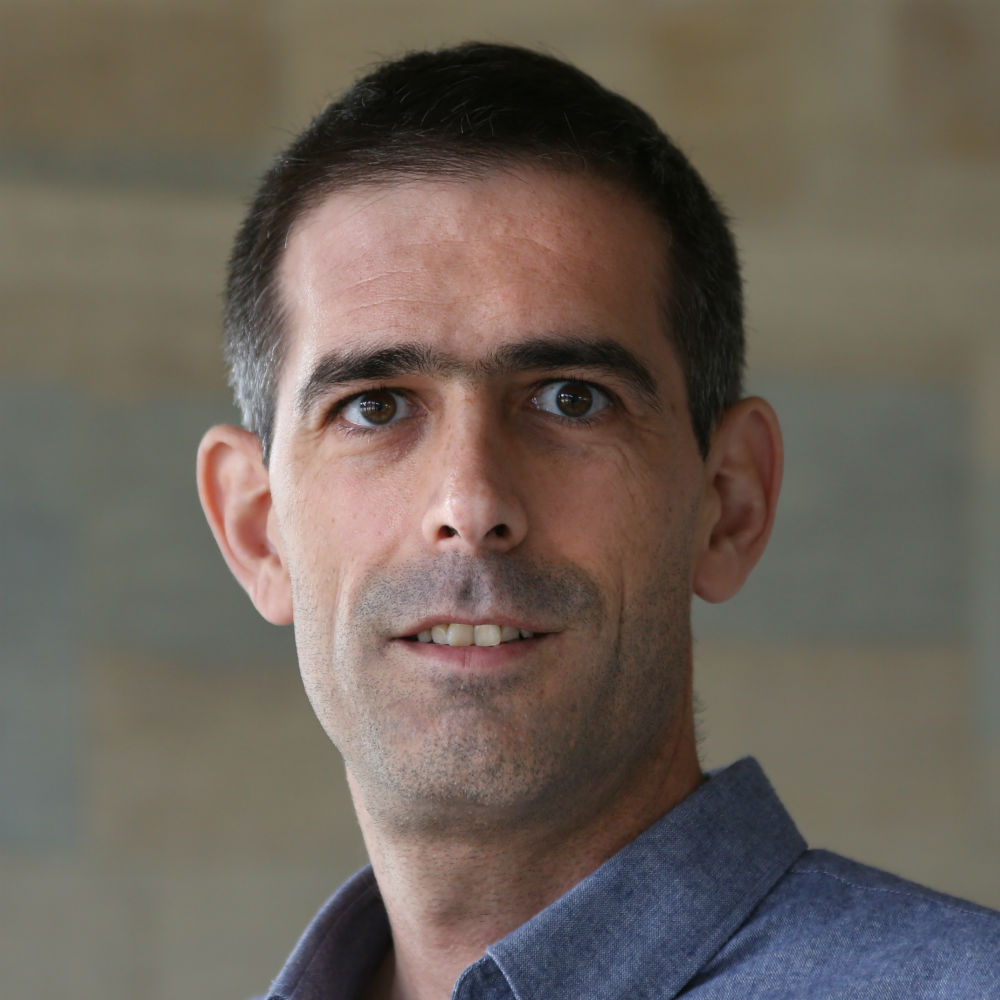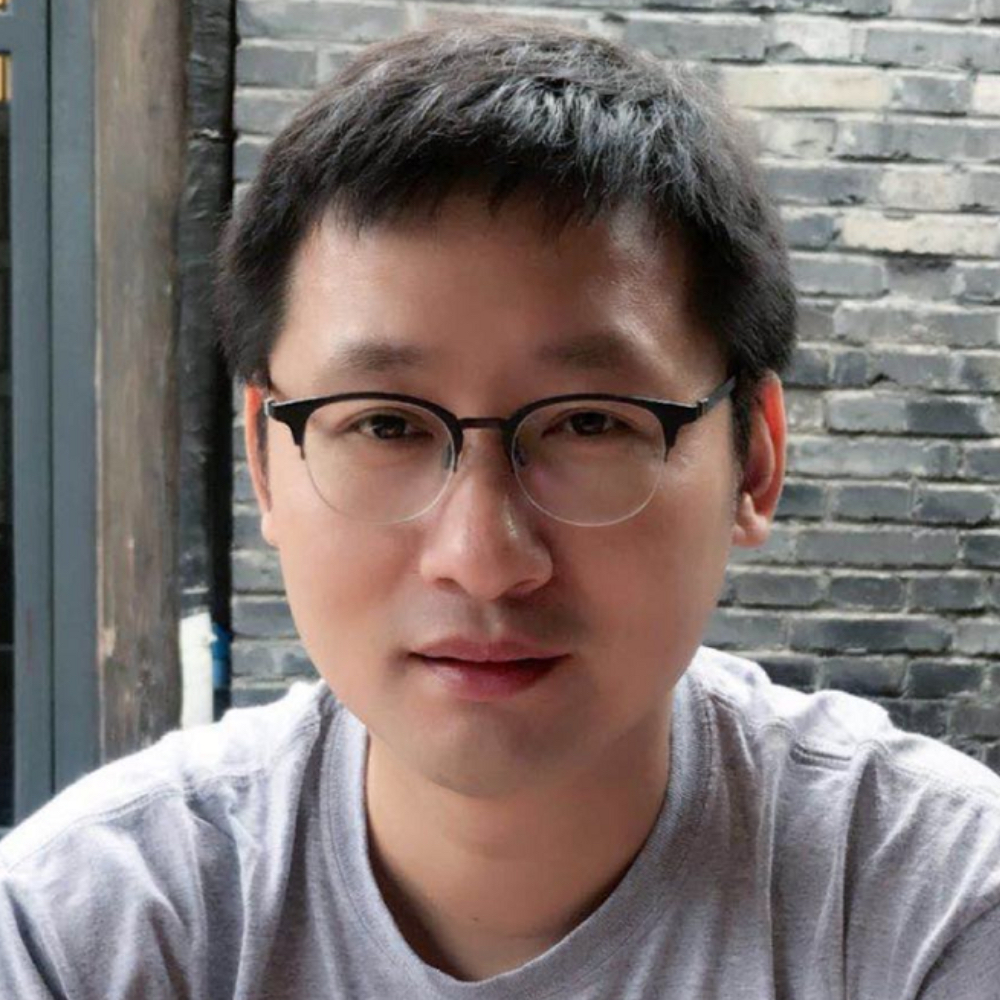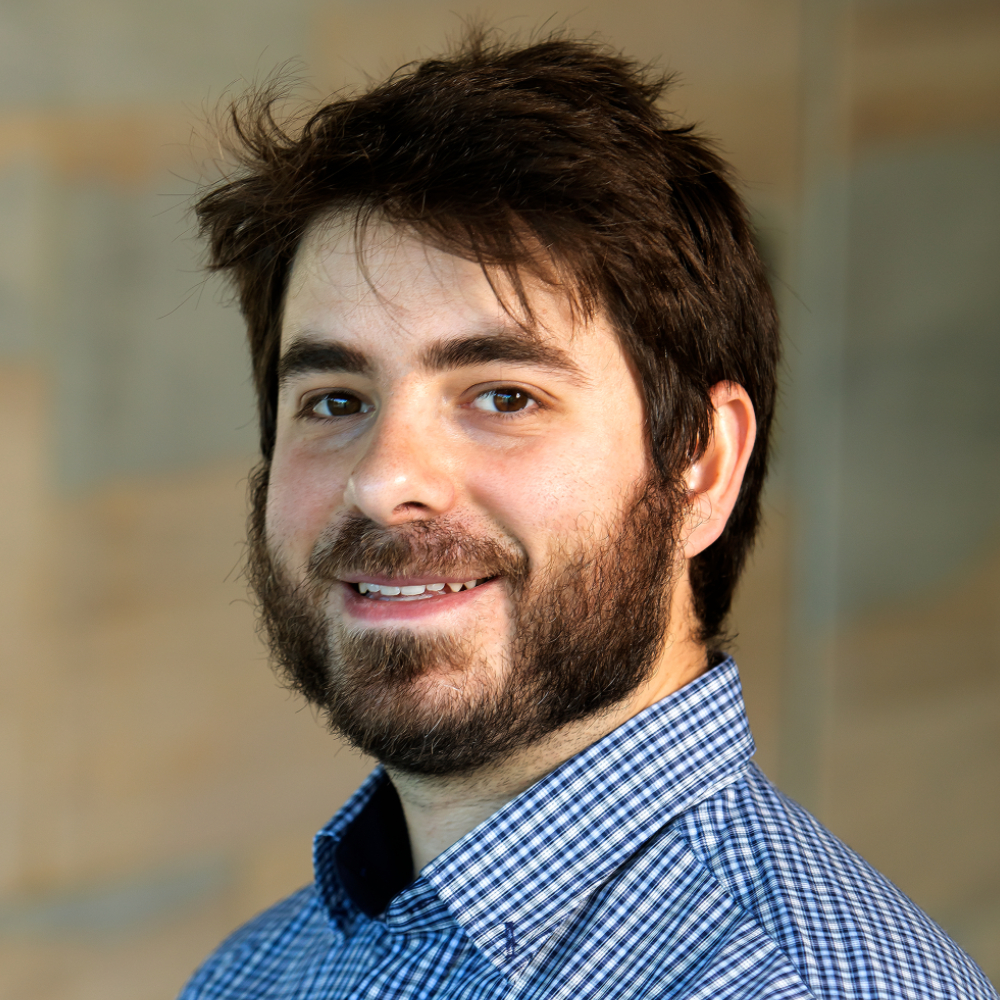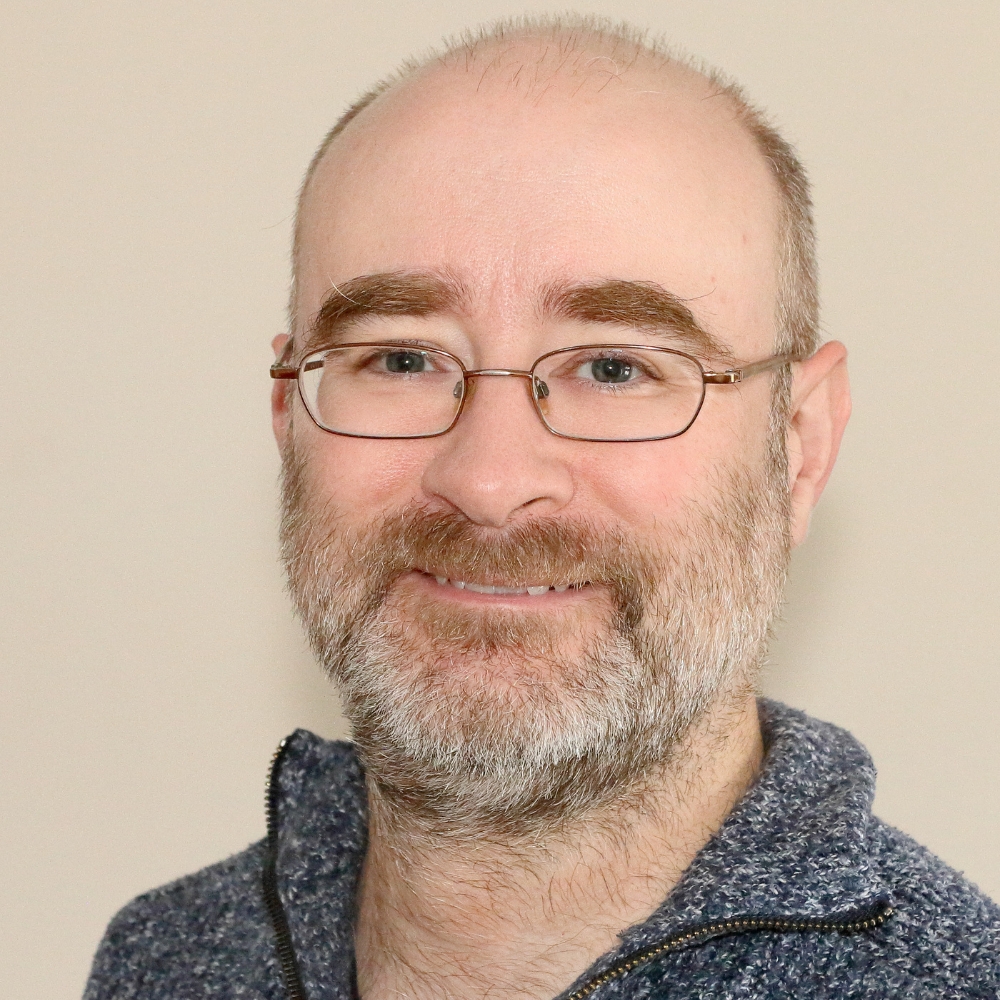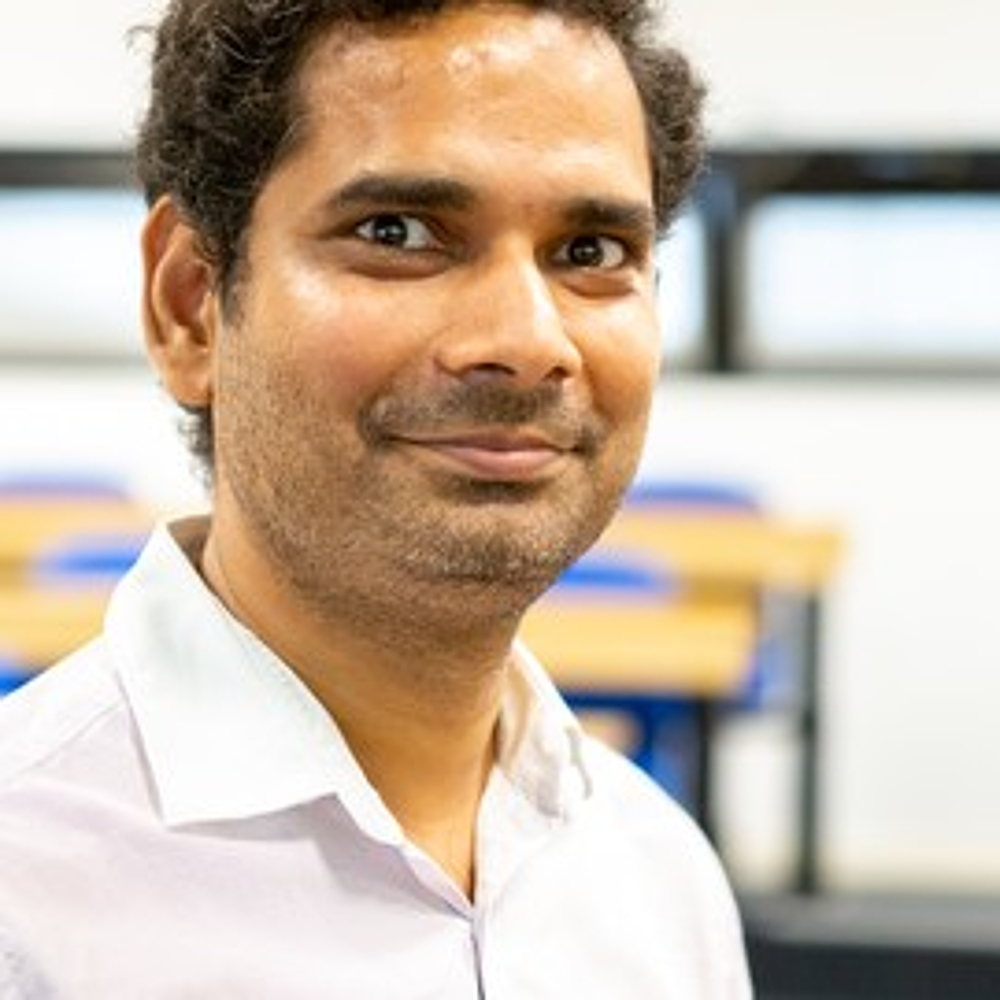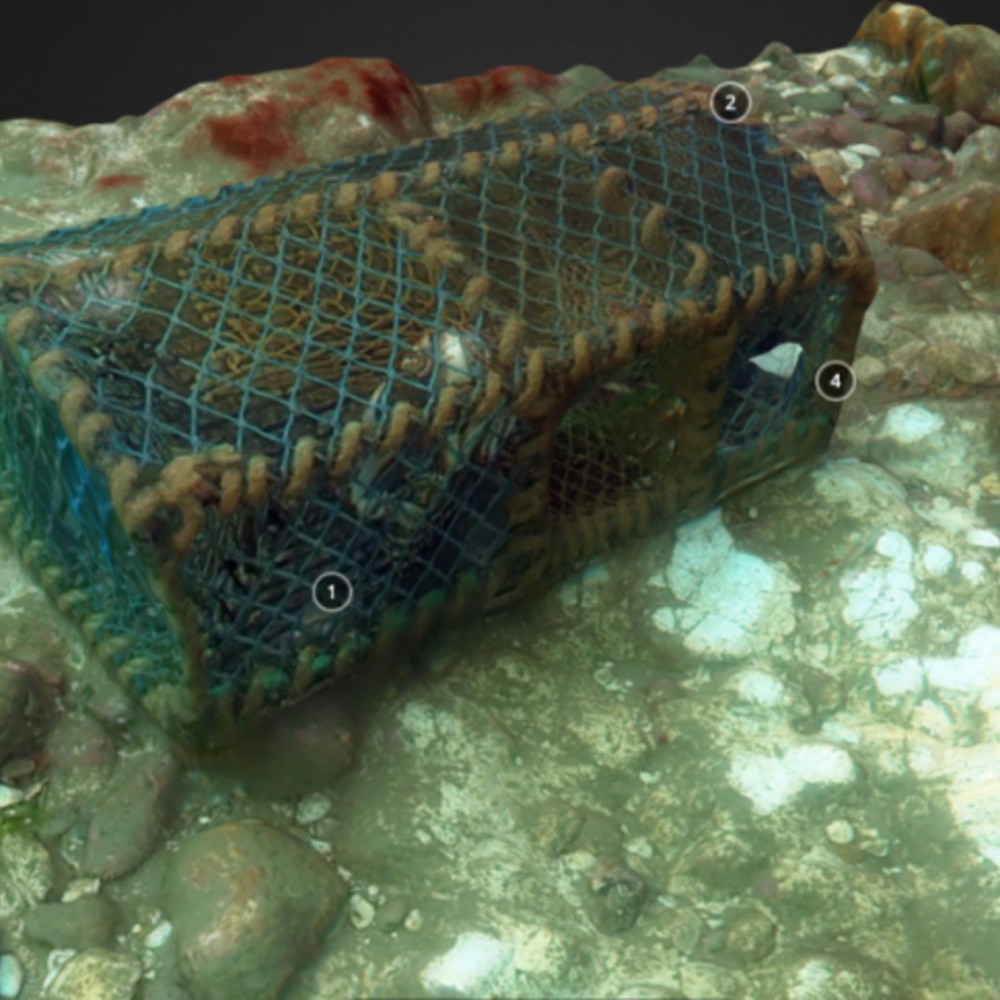The Future Health and Technology lab works on many aspects of using artificial intelligence for health applications. At the end of 2019, the lab started to work on mental and brain health applications. Recently new members, experts in other human health-related fields, joined the lab.
During the Covid-19 pandemic, several academics from CSEE started to work on applications to face the pandemic (e.g. modelling), in strict collaboration with academics from other departments and universities and with clinicians. A part of these academics joined the lab which continues to have strong links with other departments, universities, and clinicians from NHS.
The team covers a wide spectrum of practical and theoretical expertise and our members have core interests not only in artificial intelligence but also in neuroscience, cardiology, molecular biology, neurorehabilitation, cognitive psychology, brain-computer interfaces, IoT, wearable devices, telecommunications, networking, application design, and gaming.
Our members conduct wide-ranging research that includes AI applied to;
- Neurology and BCI
- Virtual Reality and Gaming for Neurorehabilitation and Psychotherapy
- Cardiology
- General Clinics and Public Health
- Bio-nano-machine communications
- IoT and Remote Monitoring
- Pandemics Modelling
- Computational Biomedicine and Medical Imaging.
